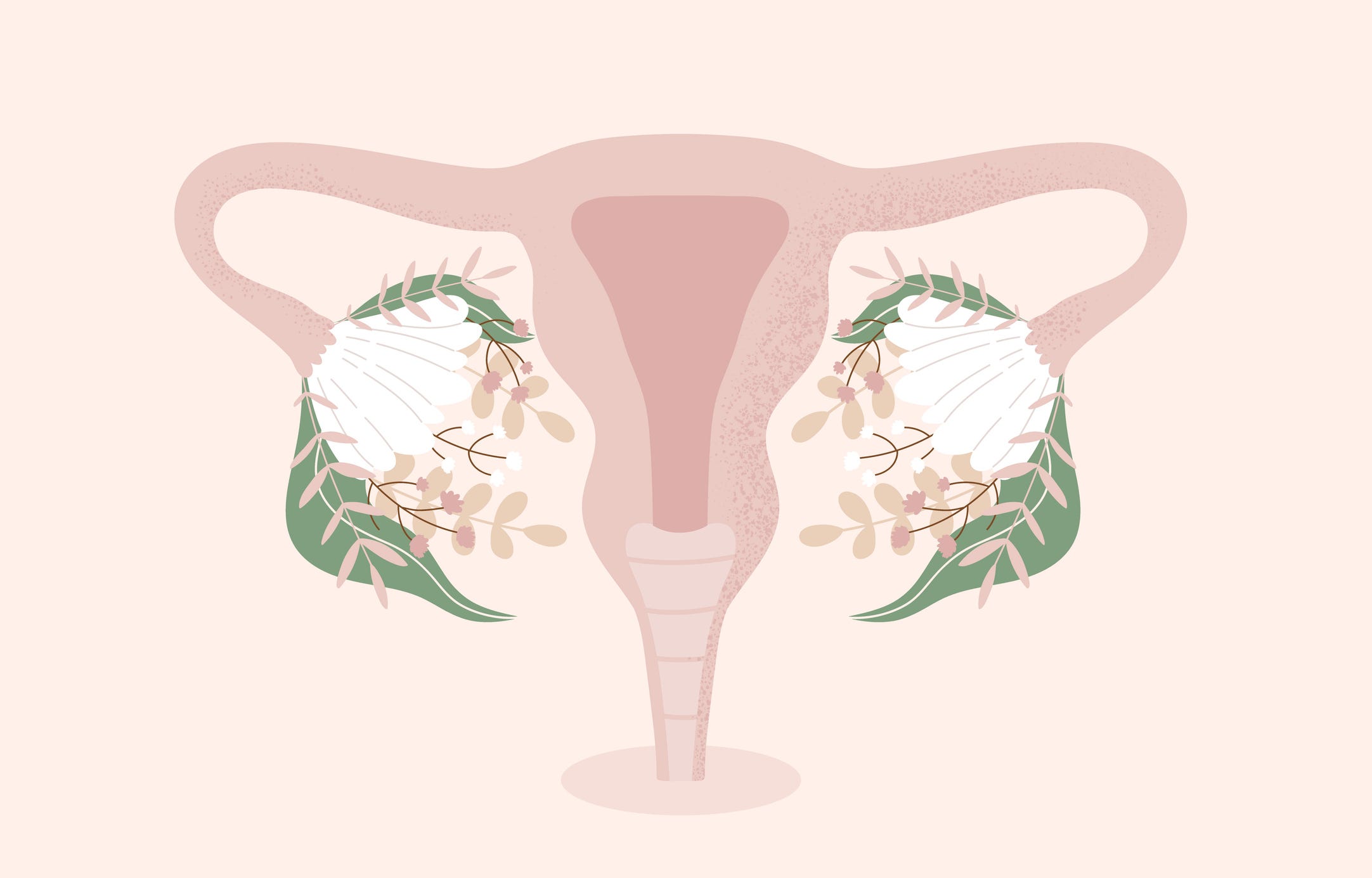
What Are the Top 10 Heart Health Supplements?
Meta Title: Top 10 Supplements for Heart Health – What You Should Know
Meta Description: Discover the top 10 heart health supplements that may help support blood pressure, cholesterol, and cardiovascular function. Backed by science, designed for wellness.
Blog Preview: Heart health isn’t just about exercise and eating right—it’s also about getting the right nutrients. Explore which heart-supportive supplements may help maintain blood pressure, cholesterol balance, and energy production. Learn how these 10 natural compounds work with your body to support a healthy cardiovascular system, plus what to look for in a high-quality supplement.
Table of Contents
-
- Introduction: Why Supplementation Matters for Heart Health
- 1. Fish Oil (Omega-3 Fatty Acids)
- 2. Coenzyme Q10 (CoQ10)
- 3. Magnesium
- 4. Vitamin K2
- 5. Soluble Fiber
- 6. Taurine
- 7. Folate (Vitamin B9)
- 8. Trimethylglycine (TMG)
- 9. Olive Leaf Extract
- 10. Probiotics for Heart Health
- Lifestyle Tips to Complement Supplementation
- FAQs About Heart Health Supplements
- Conclusion: Taking Charge of Cardiovascular Wellness
- References
Introduction: Why Supplementation Matters for Heart Health
The human heart beats over 100,000 times per day—fueling the body with oxygen and nutrients while removing waste. For this reason, cardiovascular health is one of the most critical areas to support proactively. While diet, exercise, and stress management are essential pillars, dietary supplements may also play an important role—especially in cases of nutrient gaps or elevated demands due to age, medications, or chronic stress.
According to national data, nearly half of U.S. adults take at least one supplement daily, and many are looking specifically for support with cholesterol balance, blood pressure, or heart energy. But with so many options on the market, how can you know which supplements are worth considering? Below, we break down the top 10 heart health supplements backed by scientific research and explore how they may help support long-term wellness.
1. Fish Oil (Omega-3 Fatty Acids)
Fish oil is among the most studied and widely recommended supplements for cardiovascular wellness. Rich in eicosapentaenoic acid (EPA) and docosahexaenoic acid (DHA), these omega-3 fatty acids may help support several important heart-related functions. Research suggests they may help maintain already-healthy triglyceride levels, promote healthy blood vessel function, and assist with a balanced inflammatory response.
In clinical studies, omega-3s have been associated with helping support normal heart rhythms and aiding in the maintenance of optimal blood pressure. Additionally, fish oil may help reduce markers of oxidative stress and maintain flexibility in blood vessels—important factors in healthy circulation.
For those who don’t consume oily fish regularly, supplementation may help fill the gap. Look for triglyceride-based formulations with third-party testing to ensure purity and potency. Some products also combine EPA and DHA with antioxidants like vitamin E to protect against oxidation.
2. Coenzyme Q10 (CoQ10)
CoQ10 is a fat-soluble compound naturally produced by the body and found in every cell. It plays a vital role in energy production within the mitochondria—especially in organs that require high energy output like the heart. As we age, or when certain medications like statins are used, CoQ10 levels may decline, potentially impacting cardiovascular performance.
Supplementing with CoQ10 may help support energy generation in heart cells, maintain healthy blood pressure, and promote antioxidant defense. Some clinical trials have shown CoQ10 supplementation to improve functional outcomes in individuals with heart-related conditions, while also reducing markers of inflammation and oxidative stress.
Look for ubiquinol, the more bioavailable form of CoQ10, particularly for older adults or those with absorption issues. Consistency is key—long-term use may help maintain optimal levels of cellular energy production and antioxidant protection.
3. Magnesium
Often referred to as the "mighty mineral," magnesium plays a critical role in over 300 biochemical reactions, many of which influence cardiovascular health. It helps regulate muscle contraction—including the heart muscle—supports healthy blood pressure, and contributes to the maintenance of a stable heart rhythm.
Unfortunately, many people do not get adequate magnesium through diet alone. Low levels have been associated with increased risk of arrhythmias, elevated blood pressure, and systemic inflammation.
Supplementing with highly absorbable forms like magnesium glycinate or citrate may help maintain healthy muscle tone in blood vessels and support circulation. Additionally, magnesium may work synergistically with other nutrients like potassium, calcium, and vitamin D to promote overall cardiovascular function.
4. Vitamin K2
Vitamin K2 is emerging as a key nutrient for both heart and bone health. Unlike vitamin K1, which plays a role in clotting, K2 helps direct calcium to the bones and away from soft tissues like arteries—supporting arterial flexibility and reducing calcification risks.
Studies have linked higher K2 intake to improved cardiovascular outcomes and healthier arterial elasticity. This makes it an important supplement for those concerned with vascular stiffness or at risk of calcified plaque accumulation.
Vitamin K2 is often found in fermented foods like natto, but supplementation ensures more consistent intake—especially in Western diets. For best results, choose MK-7 form of K2, which has longer activity in the body compared to other forms.
5. Soluble Fiber
While commonly associated with digestive health, soluble fiber is also a potent heart-health ally. It binds to cholesterol in the digestive tract, helping the body excrete it before it’s absorbed. As a result, regular intake of soluble fiber may help maintain healthy LDL cholesterol levels and support blood sugar regulation.
Glucomannan, a viscous fiber from konjac root, is especially effective in this regard. Clinical studies have shown that just 2–4 grams per day may help maintain already-healthy cholesterol levels and reduce markers of metabolic stress. Other options include psyllium husk and oat beta-glucan, both of which also offer support for glycemic control.
For best results, start with small doses to allow your gut to adjust, and always take fiber with plenty of water to avoid discomfort.
6. Taurine
Taurine is a sulfur-containing amino acid naturally found in the heart muscle and known for its role in cellular hydration, calcium signaling, and bile salt formation. It may help support healthy blood pressure and enhance cardiac contractility, especially in individuals with elevated cardiovascular demands.
Studies have shown that taurine supplementation may support endothelial function and reduce vascular resistance, contributing to better circulation and blood pressure regulation. It also works synergistically with magnesium to support smooth muscle tone and overall vascular health.
Because taurine levels can decline with age and under chronic stress, targeted supplementation may provide additional cardiovascular protection in at-risk populations. Look for taurine supplements with a clean label and without unnecessary fillers or sweeteners.
7. Trimethylglycine (TMG)
Trimethylglycine, also known as betaine, is a methyl donor that plays a key role in homocysteine metabolism—a marker often linked with cardiovascular stress when elevated. By supporting the conversion of homocysteine into the benign amino acid methionine, TMG helps maintain a balanced methylation cycle and overall vascular health.
Supplementing with TMG can be particularly beneficial for individuals with genetic variations in methylation pathways or insufficient intake of folate, B12, and choline. Combined with these B vitamins, TMG may help promote healthy endothelial function and reduce arterial stiffness.
Many heart-healthy diets are naturally low in methyl donors, so this nutrient offers a functional support layer for cardiovascular resilience, particularly in aging adults or those under chronic metabolic stress.
8. Folate (Vitamin B9)
Folate is essential for red blood cell formation, DNA synthesis, and homocysteine regulation. Its role in heart health is tied to its ability to help keep homocysteine levels in check—an important factor for maintaining endothelial integrity and circulation.
Folic acid, the synthetic form used in fortified foods, is not ideal for everyone. Look for folate supplements in the bioactive L-5-MTHF form, which is better absorbed and used by individuals with common genetic mutations like MTHFR variants.
Folate also works hand-in-hand with vitamins B6 and B12 to support methylation and overall cardiovascular health. Ensuring optimal folate levels is especially important for women of childbearing age and individuals with high oxidative stress or inflammation markers.
9. Probiotics
While probiotics are typically associated with digestive wellness, their influence on heart health is gaining scientific traction. Specific probiotic strains may help support cholesterol metabolism, reduce systemic inflammation, and maintain healthy levels of apolipoproteins.
One clinically studied strain, Lactobacillus reuteri 30242, has been shown to support healthy levels of LDL and total cholesterol, as well as fibrinogen—a marker of cardiovascular inflammation. Probiotics also aid in nutrient absorption, including magnesium and vitamin K2, which are critical for heart function.
Opt for probiotic supplements that are third-party tested, contain clinically validated strains, and are free from unnecessary fillers or artificial ingredients. Consider pairing them with prebiotics for enhanced gut and heart synergy.
10. Olive Leaf Extract
Olive leaf extract, rich in the polyphenol oleuropein, is well-known for its antioxidant and anti-inflammatory effects. It has been shown to help maintain already-healthy blood pressure levels and support arterial elasticity.
Human clinical trials have confirmed its ability to modulate key cardiovascular markers, making it a potent addition to a heart-supportive regimen. Olive leaf may also support immune function and provide antimicrobial activity—additional perks for long-term wellness.
Look for standardized extracts that deliver a consistent dose of oleuropein (typically 20–25%) to ensure efficacy. It may be used in combination with CoQ10, magnesium, and K2 for comprehensive cardiovascular support.
10. Probiotics for Heart Health
Probiotics, often associated with gut health, have growing recognition for their cardiovascular benefits. These beneficial bacteria help maintain healthy cholesterol levels by modulating gut microbiota, which can influence lipid metabolism and inflammation. One particularly well-studied strain, Lactobacillus reuteri 30242, has shown promise in promoting healthy levels of LDL cholesterol and apolipoproteins—key indicators of cardiovascular function.
Additionally, probiotics may support endothelial function and reduce oxidative stress—both crucial factors in heart disease prevention. Fermented foods like yogurt, kefir, and sauerkraut are natural sources, but standardized supplements ensure consistent, effective dosing.
Individuals seeking to support their heart through gut-brain-axis balance may benefit from including a high-quality, clinically studied probiotic in their daily regimen.
Lifestyle Tips to Complement Supplementation
Supplements offer great support, but they work best when combined with daily lifestyle habits that promote heart wellness. Here are a few impactful practices:
- Follow a Mediterranean-style diet: Emphasize whole grains, healthy fats, lean proteins, and plenty of colorful produce.
- Exercise regularly: Aim for at least 150 minutes of moderate aerobic activity each week.
- Get quality sleep: Consistently poor sleep is linked to hypertension and metabolic disturbances.
- Manage stress: Meditation, journaling, yoga, and outdoor walks are excellent heart-supportive strategies.
- Avoid smoking and limit alcohol: These two lifestyle changes alone can significantly reduce cardiovascular risk.
Remember: supplements enhance, not replace, the benefits of a healthy lifestyle.
FAQs About Heart Health Supplements
Do I need all 10 heart supplements?
Not necessarily. Your needs depend on your diet, lifestyle, and health status. A health professional can help determine which ones are appropriate.
Can I take all of these together?
Some can be combined, but others may interact or overlap in function. It's best to space out dosing and consult a healthcare provider for personalized guidance.
Are heart supplements safe long-term?
Most are safe when used appropriately and in recommended dosages. Long-term use should be monitored by a qualified practitioner, especially in combination with medications.
Is food a better option than supplements?
Whole foods should always be the foundation of health. Supplements are ideal for filling in nutritional gaps or supporting specific health needs.
Conclusion: Taking Charge of Cardiovascular Wellness
Your heart health is the foundation of your overall well-being. By understanding the role of specific nutrients and how they work together to support cardiovascular function, you're better equipped to take proactive steps toward longevity and vitality. From omega-3-rich fish oil to gut-supportive probiotics, the top 10 heart supplements provide targeted tools to nourish your body from within.
But remember—supplements are most effective when paired with heart-smart habits like a balanced diet, regular exercise, and stress management. When used wisely and with guidance, they can help you build a powerful strategy for lifelong cardiovascular support.
Disclaimer
These statements have not been evaluated by the Food and Drug Administration. This product is not intended to diagnose, treat, cure, or prevent any disease.
References
- Bertolo RF, McBreairty LE. "The nutritional burden of methylation reactions." Curr Opin Clin Nutr Metab Care. January 2013.
- Borsook ME, Borsook H. "Treatment of cardiac decompensation with betaine and glycocyamine." Ann West Med Surg. October 1951.
- Geleijnse JM, et al. "Dietary intake of menaquinone is associated with a reduced risk of coronary heart disease: the Rotterdam Study." J Nutr. November 2004.
- Hargreaves I, et al. "Disorders of Human Coenzyme Q10 Metabolism: An Overview." Int J Mol Sci. September 2020.
- Ho HVT, et al. "A systematic review and meta-analysis... on LDL cholesterol and the new lipid targets." Am J Clin Nutr. May 2017.
- Lee JE, et al. "Are dietary choline and betaine intakes determinants of total homocysteine concentration?" Am J Clin Nutr. May 2010.
- Morrison LM. "Results of betaine treatment of Atherosclerosis." The American Journal of Digestive Diseases. December 1952.
- Perrinjaquet-Moccetti T, et al. "Food supplementation with olive leaf extract reduces blood pressure..." Phytother Res. September 2008.
- Susalit E, et al. "Olive leaf extract effective in patients with stage-1 hypertension: comparison with Captopril." Phytomedicine. February 2011.
- Ueland PM. "Choline and betaine in health and disease." J Inherit Metab Dis. February 2011.
















